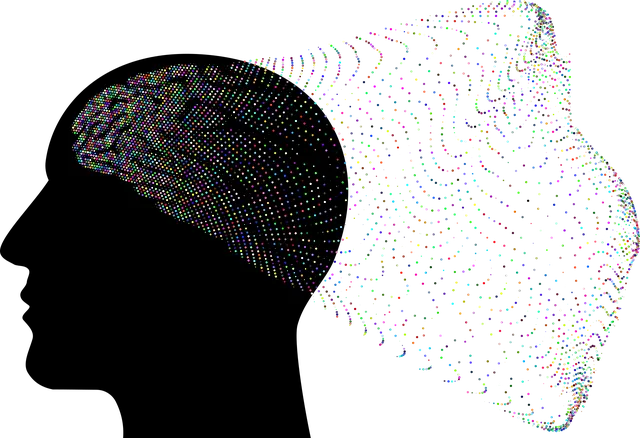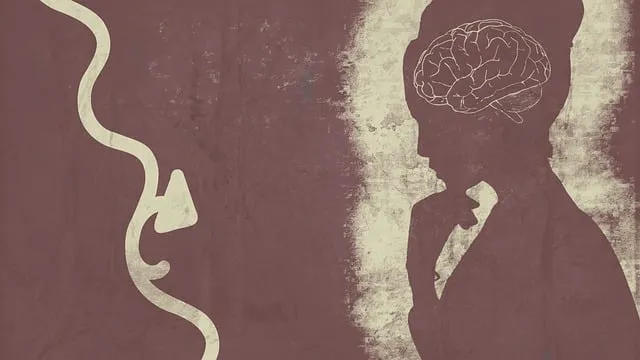Kaiser Permanente's Crisis Intervention Team (CIT) training programs in Lone Tree offer specialized, holistic mental health support. Combining technical skills, mental health awareness, and self-care practices, these programs empower healthcare providers to manage crises effectively while promoting cultural sensitivity and emotional resilience. Through interactive workshops and simulations, CIT members gain crucial de-escalation, crisis management, and post-crisis care strategies. This approach has significantly improved community mental well-being in Lone Tree, preventing crises and saving lives through evidence-based practices and proactive interventions.
Crisis intervention teams (CITs) are an essential resource in mental health care, providing immediate support during crisis situations. This article explores the critical role of CITs and delves into training programs that equip professionals with life-saving skills. We examine Kaiser Permanente’s comprehensive approach to CIT training, highlighting their success in fostering effective response strategies. Additionally, we introduce Lone Tree, a specialized provider focusing on critical incident response. By understanding these programs, we can enhance mental health support systems, ensuring better outcomes for those in crisis.
- Understanding Crisis Intervention Teams: A Necessary Resource in Mental Health Care
- Kaiser Permanente's Approach to Training: A Comprehensive Model
- The Role of Lone Tree: Specializing in Critical Incident Response
- Key Components of Effective Crisis Intervention Team Training Programs
- Real-World Impact: Success Stories from Trained Professionals at Kaiser Permanente
Understanding Crisis Intervention Teams: A Necessary Resource in Mental Health Care

Crisis Intervention Teams (CITs) are an essential resource in mental health care, offering prompt and specialized support during acute crises. These teams, often composed of healthcare providers, first responders, and community members, are trained to de-escalate high-risk situations effectively. At Kaiser Permanente Lone Tree, for instance, CIT training programs have been instrumental in enhancing the community’s resilience against mental health emergencies.
The role of these teams extends beyond immediate crisis management. They foster a culture of positive thinking and cultural competency among healthcare providers, empowering them to offer tailored care that respects diverse backgrounds and experiences. By integrating self-care practices into their training, CITs ensure that providers can maintain their well-being while delivering critical services. This holistic approach not only benefits the individuals within the team but also improves the overall quality of mental health care in the community.
Kaiser Permanente's Approach to Training: A Comprehensive Model

Kaiser Permanente, a leading healthcare provider, offers a comprehensive crisis intervention team training program centered around mental health support in Lone Tree and beyond. Their approach emphasizes not just technical skills but also fosters an environment that promotes mental health awareness and self-care practices among team members. Through interactive workshops and real-life scenario simulations, participants learn effective strategies for de-escalation, crisis management, and post-crisis care.
The program incorporates social skills training, ensuring teams are equipped to handle a diverse range of individuals in distress. By prioritizing both clinical expertise and emotional resilience, Kaiser Permanente’s model aims to create well-rounded, compassionate crisis interventionists capable of making a lasting impact on their communities. This holistic training prepares teams to navigate complex situations with empathy, ultimately enhancing the mental health and well-being of those they serve.
The Role of Lone Tree: Specializing in Critical Incident Response

Lone Tree stands out as a specialized training hub for crisis intervention teams, focusing on critical incident response and mental health support. Their programs are meticulously designed to equip professionals with the skills needed to handle high-stress situations effectively. The integration of Kaiser Permanente’s expertise in mental healthcare ensures that trainees receive up-to-date knowledge and practical strategies for addressing psychological crises.
One key aspect of Lone Tree’s approach is its emphasis on Cultural Sensitivity in Mental Healthcare Practice. By recognizing the diverse backgrounds and needs of individuals, their training fosters a more inclusive environment where everyone receives appropriate trauma support services. Additionally, they introduce techniques such as mindfulness meditation to enhance coping mechanisms and promote mental resilience among both professionals and those they serve.
Key Components of Effective Crisis Intervention Team Training Programs

Effective crisis intervention team (CIT) training programs are meticulously designed to equip healthcare professionals with crucial skills for managing and de-escalating critical situations involving mental health crises, such as those experienced by individuals in Lone Tree or similar communities. A comprehensive CIT program should incorporate several key components, including interactive simulations, rigorous mental health awareness education, and practical training in mood management techniques.
These programs are strategically designed to foster collaborative team dynamics, emphasizing communication, empathy, and de-escalation strategies. Mental health education programs play a pivotal role by providing insights into various mental health conditions, recognizing warning signs, and understanding the impact of trauma. By combining theoretical knowledge with hands-on practice, such as scenario-based training, participants gain confidence in their ability to respond effectively during a crisis, akin to the support offered by Kaiser Permanente’s dedicated mental health services.
Real-World Impact: Success Stories from Trained Professionals at Kaiser Permanente

At Kaiser Permanente, crisis intervention team (CIT) training programs have had a profound real-world impact. Trained professionals in mental health at this leading healthcare provider have successfully navigated and de-escalated numerous high-stress situations, preventing potential crises from escalating. These CIT members are equipped with the skills to recognize early signs of emotional regulation difficulties, which allows them to intervene proactively. This proactive approach not only saves lives but also contributes to the overall mental well-being of the community, especially in Lone Tree where Kaiser Permanente has been instrumental in promoting mental health awareness and support.
Success stories from trained professionals at Kaiser Permanente highlight the effectiveness of these programs. By focusing on depression prevention and implementing evidence-based practices, CIT members have successfully supported individuals experiencing psychiatric emergencies. Furthermore, their involvement in mental health policy analysis and advocacy ensures that local initiatives align with national best practices, fostering a more comprehensive and effective support system for mental health crises.
Crisis intervention team (CIT) training programs, as exemplified by Kaiser Permanente’s comprehensive model and Lone Tree’s specialization in critical incident response, are vital resources for enhancing mental health care. By equipping professionals with the necessary skills, these programs foster effective CIT deployment, leading to improved patient outcomes and enhanced support systems. Kaiser Permanente’s success stories underscore the profound real-world impact of such training, demonstrating that investing in CIT education is a game-changer for mental health management. Organizations like Lone Tree play a crucial role in revolutionizing care by providing specialized training, ensuring that crisis intervention teams are well-prepared to navigate complex situations and offer compassionate support.






